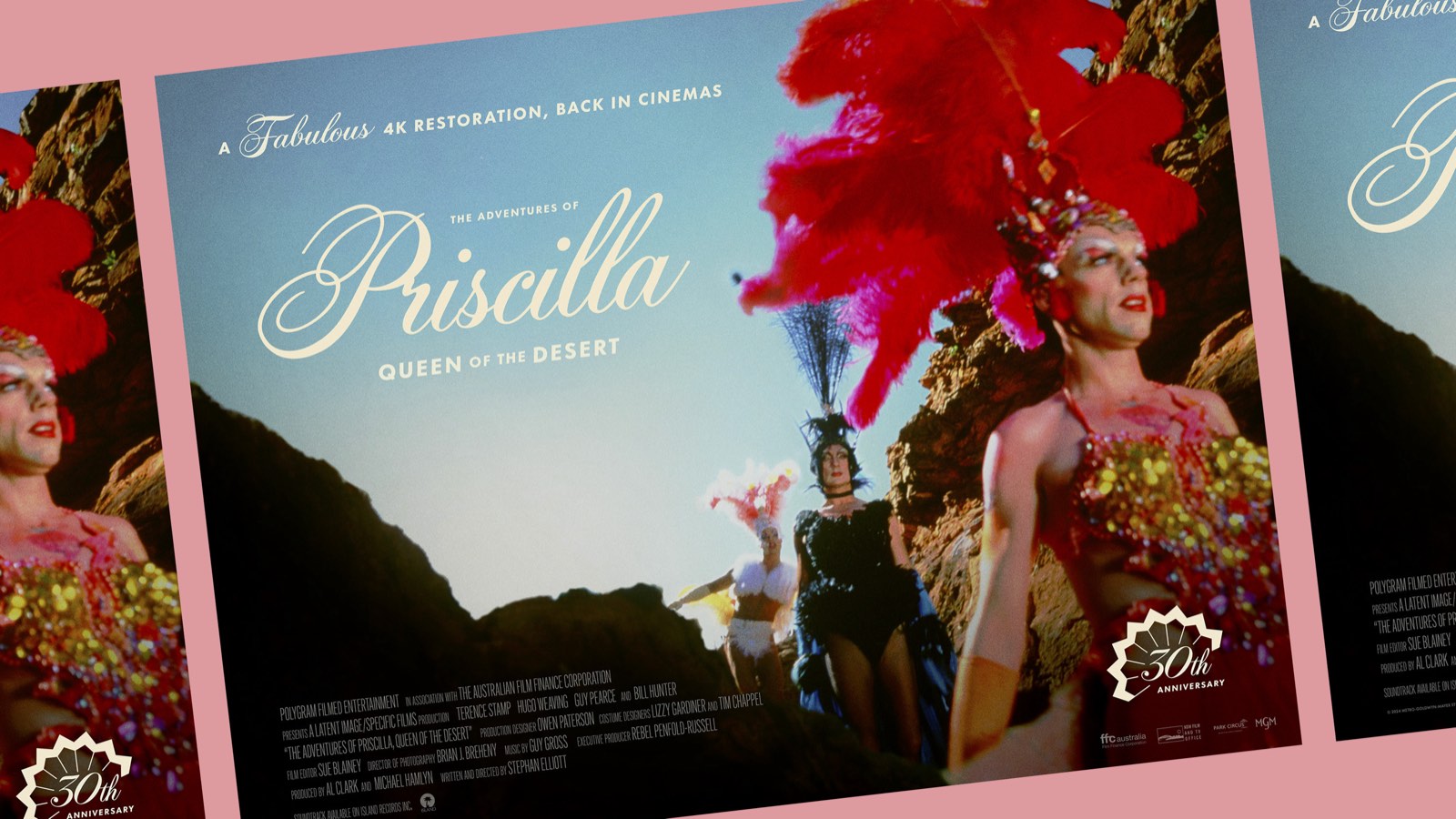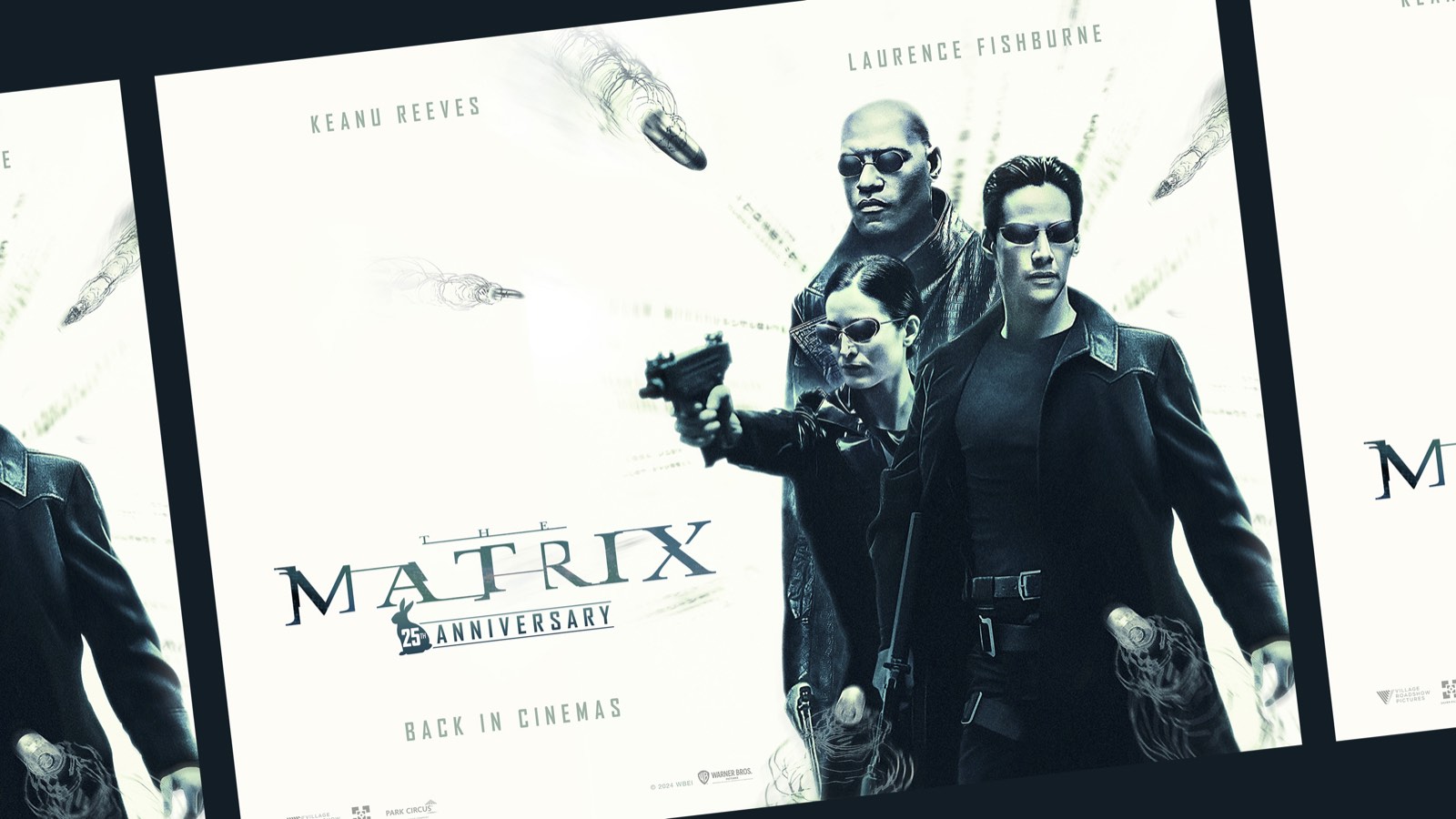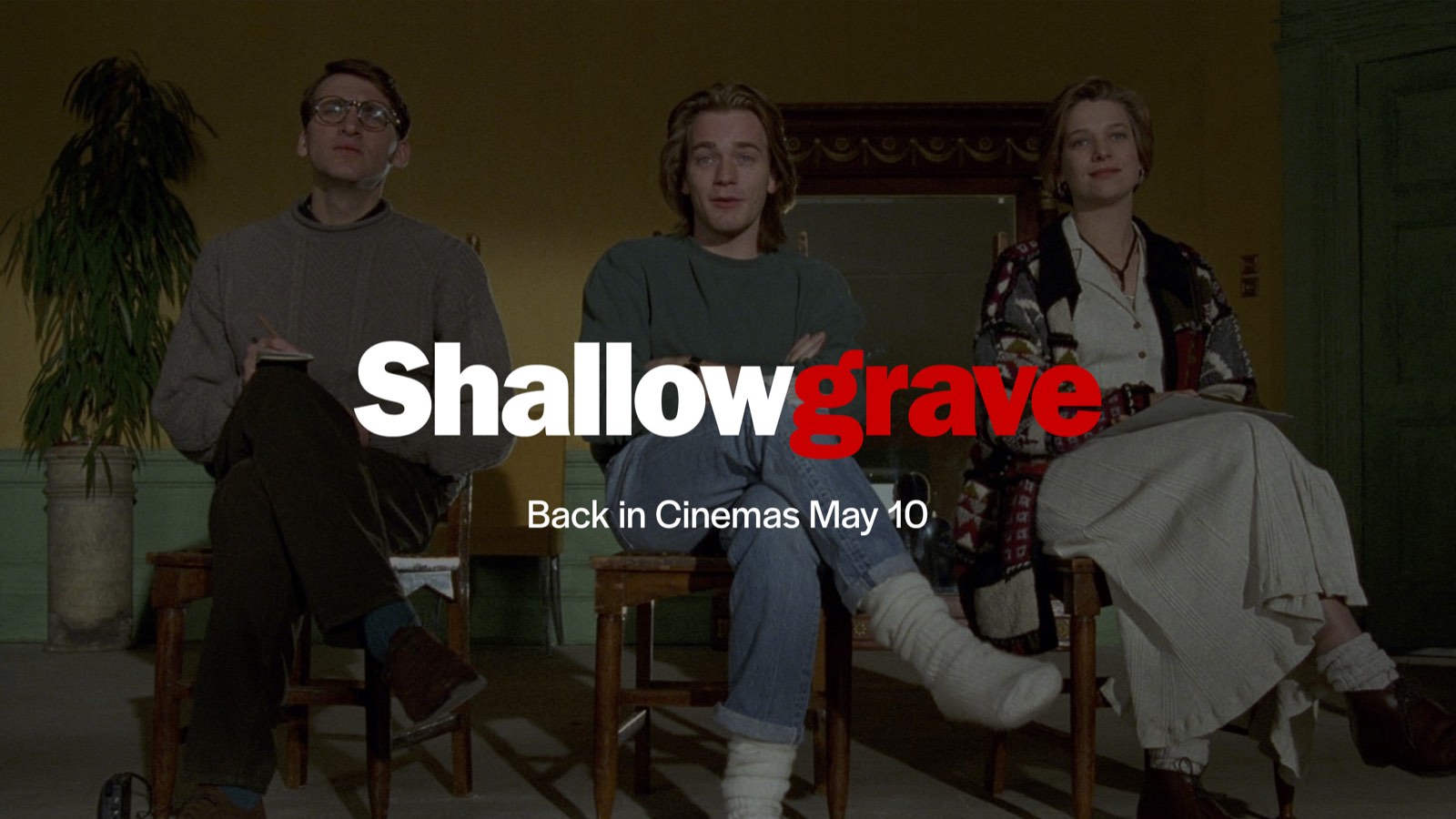
The short documentary Never Just A Dream: Stanley Kubrick and Eyes Wide Shut will screen at the 76th Venice International Film Festival on September 6th and 7th. This film is produced by Park Circus for Warner Bros. Pictures International and is presented at the Festival as part of a special 20th Anniversary screening of Eyes Wide Shut (1999).
We spoke to the documentary’s director and producer, Matt Wells, about Eyes Wide Shut (1999) and it’s unique production history, why a film's context matters, and how exciting it is to screen this film at the Venice Film Festival.
Matt Wells is a British filmmaker based in London. This is his third short documentary on the work of Stanley Kubrick, after Work & Play: A Short Film About ‘The Shining’ (2017) and Stanley Kubrick Considers the Bomb (2019), about Dr Strangelove (1964), which both screened in cinemas internationally as part of rereleases of those films.
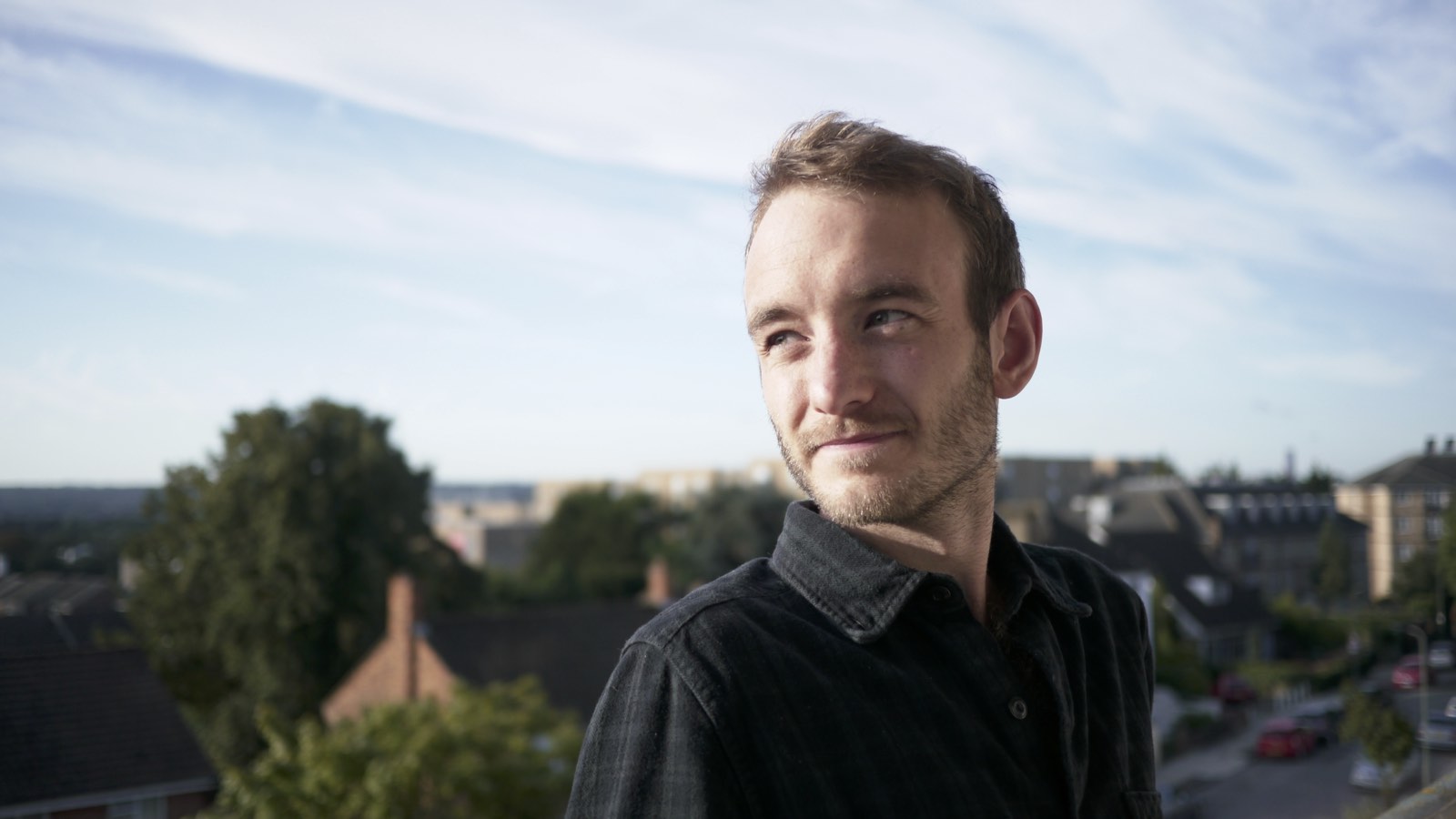
Matt Wells
Park Circus: How does it feel to have your short film, Never Just a Dream: Stanley Kubrick and Eyes Wide Shut selected to screen as part of a special presentation of Eyes Wide Shut (1999) at the 2019 Venice Film Festival?
Matt Wells: It’s great. It’s an absolute honour. The screening is three or four months before it was meant to be seen by anybody so it was a bit of a mad rush to get it done in time, but that’s part of it, isn’t it?
PC: What is Never Just A Dream: Stanley Kubrick and Eyes Wide Shut about?
MW: It’s a short film about Stanley Kubrick making his last film, Eyes Wide Shut (1999). It’s a project he had been nurturing for decades before he finally went into production in the 90s, and within days of showing his finished edit to the studio heads at Warner Brothers and to Tom Cruise and Nicole Kidman, he died of a sudden heart attack. So the story that my film tells is about his relationship to this project and how long he devoted to it and how difficult it had been to find the right way of telling it. We’ve heard in interviews about some of the different casting ideas he had for the lead roles...Woody Allen was mentioned, Steve Martin was mentioned, it would have been a completely, unimaginably different version of the film. So it’s about his journey from wanting to make this film, finally making it, and then of his death, and that inner circle of his family members and long-time collaborators who were left with a film to bring to audiences. While Eyes Wide Shut (1999) was finished, anyone involved in film distribution can tell you that there’s still work to be done in getting it over the line. And Kubrick was famously very involved in his publicity campaigns and his distribution campaigns. The documentary is composed of interviews with these people – Jan Harlan, his brother-in-law and executive producer, Katharina Kubrick, his daughter, his assistant Tony Frewin, Julian Senior who was at Warner Brothers and worked with him for decades. People who worked with him for years and were suddenly left with this job to be doing to get Eyes Wide Shut (1999) to cinemas.
PC: Why is it important to delve into the story of the context and production history of a classic film?
MW: I think the context can be fascinating. A movie doesn’t exist in a vacuum. I’m very interested in stories of people. Movies are really difficult to make and so, often, the stories that you get around them are fascinating and the characters who find themselves drawn to make films are really interesting people to tell stories about. But I think also, as an audience member, I find the context really enriches my experience of the film and my understanding of what the film is. Like with Eyes Wide Shut (1999), as I started to find out the story, I found it more and more fascinating. The thought that something took this many decades to reach this idea for how to make it, it makes me view the eventual film in a different light. I think it’s quite easy to view films as these definite finished products that are complete and unchangeable and fixed, and the reality is actually that they are a series of decisions made by a bunch of people and things could be so radically different. I think it’s interesting to remember that they’re just an accumulation of decisions.
PC: What do you find most fascinating about Kubrick’s story and Eyes Wide Shut’s (1999) story?
MW: Well Kubrick’s fascinating because he’s such an unusual filmmaker: there’s not many people who’ve had – ever in the whole history of cinema – that kind of freedom at those kinds of budget levels, it’s just unusual. And he used it in ways that are even more unusual, you know he’s quite idiosyncratic but he’s also making films designed for mass audiences. That’s interesting in itself, it says something interesting about his character and who he was that he ended up in that situation. But I think it’s also one of the reasons why his films are so divisive. I find that Eyes Wide Shut (1999) in particular is very interesting because it’s such a divisive film – some people love it, some people hate it, some people have very mixed feelings about it. Which is far more interesting to my mind than to tell a story about a film that everyone agrees is a masterpiece.
PC: What are you excited about seeing when you attend the 76th Venice Film Festival?
MW: I’m very excited about it all. I’m hoping I’ll get to see the new Kore-eda Hirokazu film The Truth (La Vérité) (2019), the opening night gala film. There’s some cracking documentaries playing, and some good classics that I’d like to see. I’ll be seeing all I can and honoured to be part of it.
After its premiere at the 76th Venice International Film Festival, Never Just a Dream: Stanley Kubrick and Eyes Wide Shut will be screening theatrically in 2019 along with the 20th anniversary re-release of Eyes Wide Shut (1999) in select international cinemas.
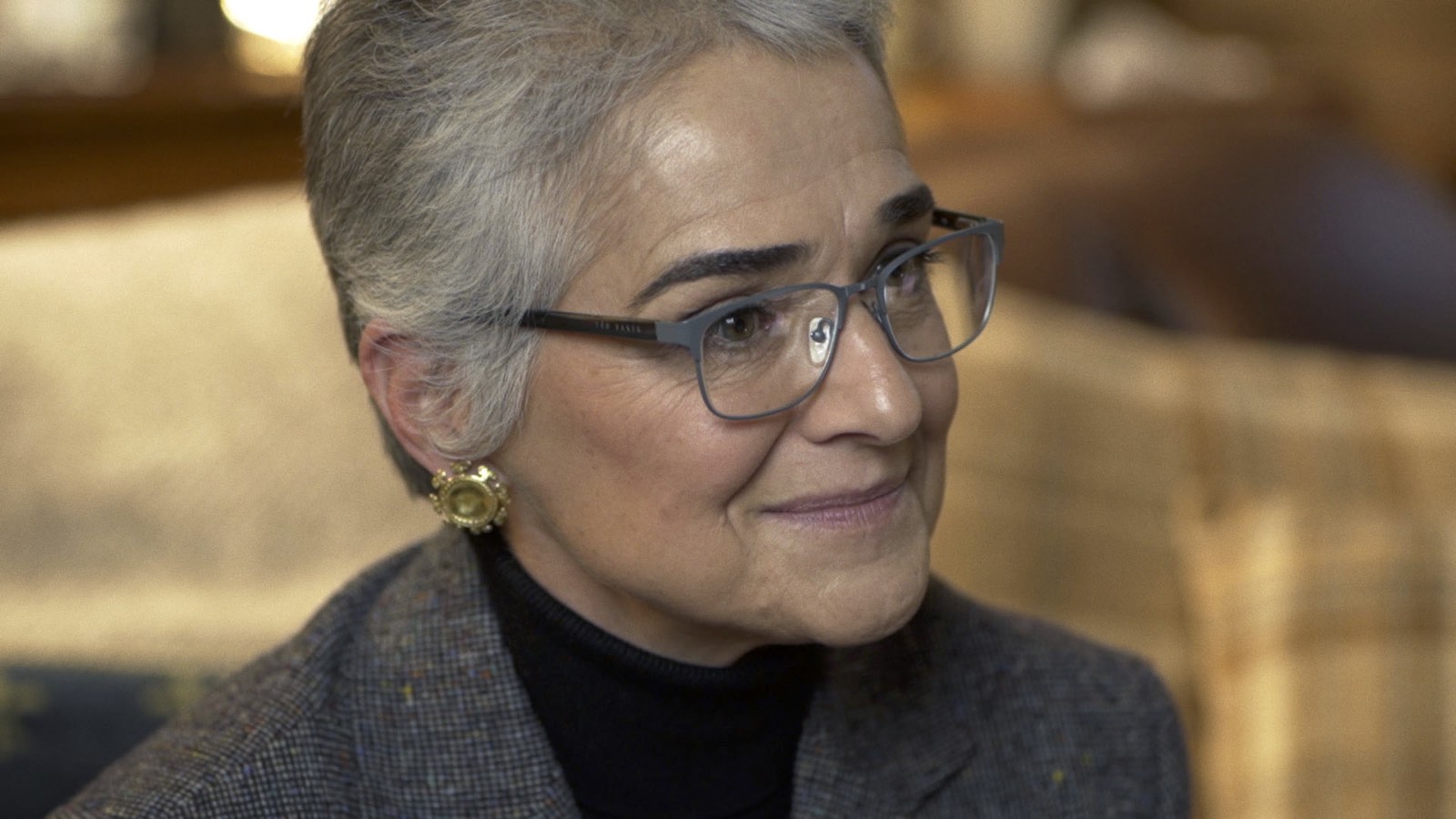
Katharina Kubrick in Never Just a Dream: Stanley Kubrick and Eyes Wide Shut (2019)
Never Just A Dream: Stanley Kubrick and Eyes Wide Shut at Venice International Film Festival
Eyes Wide Shut (1999)


